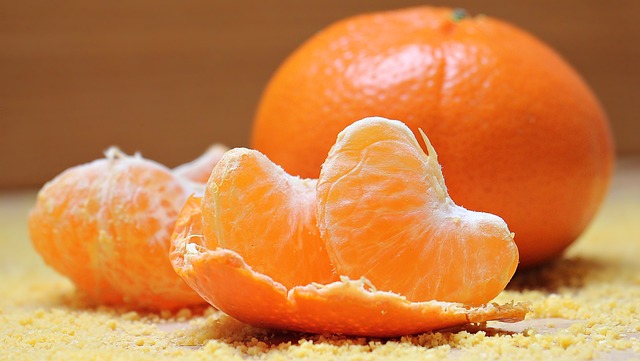Probiotics have been gaining popularity in recent years as more people recognize the importance of maintaining a healthy gut. However, with this surge in interest comes plenty of misinformation and confusion. It’s time to unmask the mysteries of probiotics and separate fact from fiction.
What are Probiotics?
Probiotics are live bacteria and yeasts that are beneficial to our health, especially our digestive system. They are naturally present in our bodies, but can also be found in certain foods and supplements. These microscopic organisms help maintain a healthy balance of bacteria in our gut, which is essential for proper digestion and immune function.
The Benefits of Probiotics
Probiotics offer a wide range of benefits when consumed regularly. Some of the key benefits include:
- Improved Digestive Health: Probiotics help break down food and aid in nutrient absorption. They can also alleviate common digestive issues such as bloating, gas, and constipation.
- Boosted Immune System: A large portion of our immune system resides in our gut. By promoting a healthy balance of bacteria, probiotics help strengthen our immune response and protect against pathogens.
- Reduced Inflammation: Chronic inflammation in the body is linked to various health problems, including autoimmune diseases. Probiotics can help decrease inflammation, leading to improved overall health.
- Better Mental Health: The gut-brain connection is well-established, and probiotics can play a significant role in our mood and mental well-being. They have been shown to reduce symptoms of anxiety and depression.
- Enhanced Skin Health: Probiotics can help improve the health and appearance of the skin. They can reduce acne, eczema, and other common skin conditions by balancing the gut and reducing inflammation.
Common Probiotic Strains
Not all probiotics are created equal. Different strains offer different health benefits. Some of the most commonly studied and utilized probiotic strains include:
- Lactobacillus acidophilus: This strain is found in the small intestine and vaginal tract. It aids in digestion and supports a healthy vaginal microbiome.
- Bifidobacterium bifidum: This strain is primarily found in the large intestine and helps maintain a healthy gut flora balance.
- Escherichia coli Nissle: This non-pathogenic strain of E. coli can help reduce symptoms of various digestive disorders, such as irritable bowel syndrome (IBS).
- Saccharomyces boulardii: This yeast strain is known for its ability to prevent and treat diarrhea caused by antibiotics or infections.
- Streptococcus thermophilus: This strain is commonly used in the production of yogurt and other fermented dairy products. It aids in lactose digestion and supports a healthy immune system.
How to Incorporate Probiotics into Your Diet
There are several ways to introduce probiotics into your daily routine:
- Food Sources: Probiotics can be found in fermented foods such as yogurt, kefir, sauerkraut, kimchi, and pickles. Make sure to choose products that specify the presence of live and active cultures.
- Probiotic Supplements: If you find it challenging to consume enough probiotics through your diet, supplements are a convenient option. Look for reputable brands that offer a variety of strains and colony-forming units (CFUs).
- Prebiotic Foods: Prebiotics are a type of fiber that feeds the good bacteria in our gut. Foods rich in prebiotics include garlic, onions, bananas, asparagus, and whole grains. Combining prebiotic foods with probiotics can enhance their effectiveness.
Separating Fact from Fiction
As probiotics gain popularity, there are bound to be some myths and misinformation surrounding them. Let’s clear up a few common misconceptions:
Myth #1: All probiotics are the same. As mentioned earlier, different strains of probiotics offer different benefits. It’s essential to choose the right strain for your specific needs. Consult with a healthcare professional to determine the most suitable probiotic for you.
Myth #2: Probiotics are only for digestive health.







